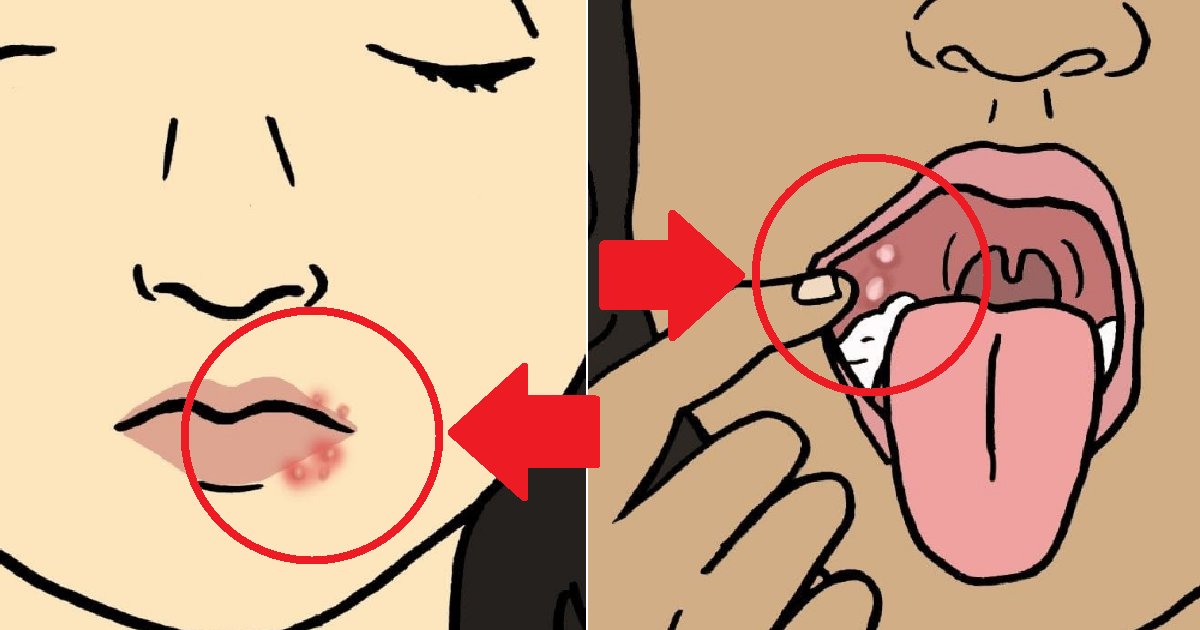Winters are near.
And you know what that means? Snow! But do you know what that also means? Cold sores! We can already see you cringing. Sure, a bit of chapstick can be crucial to hydrate your lips, but have you ever wondered what is the real way to handle cold sores?
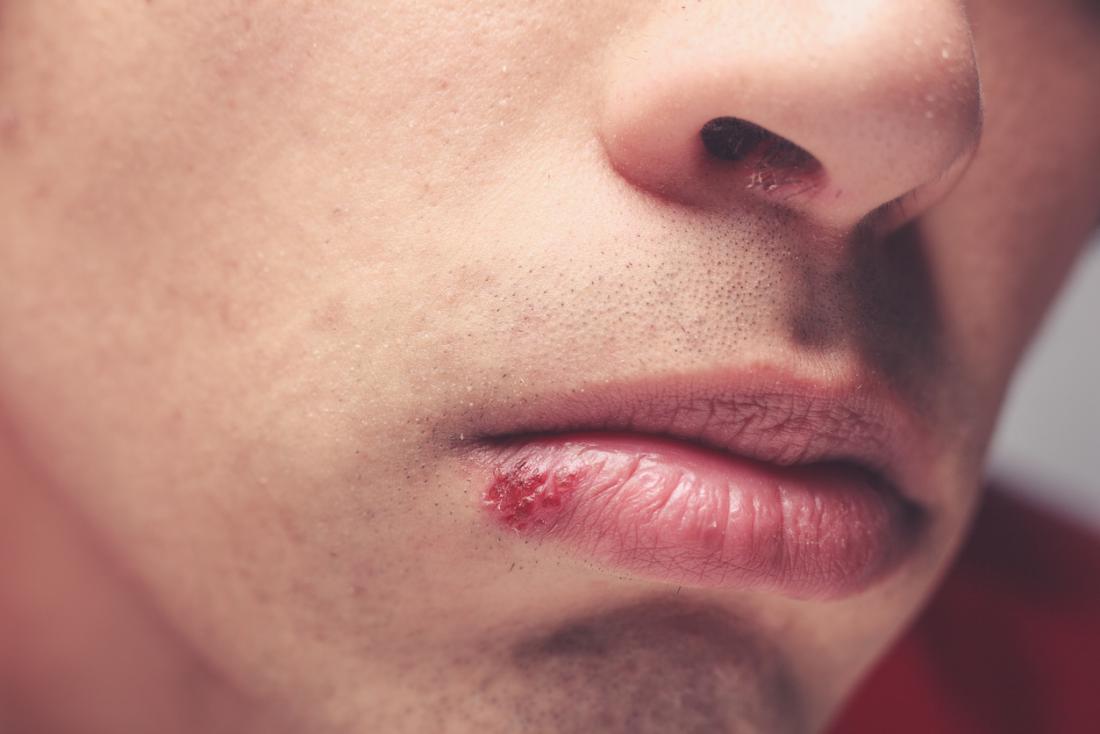
Cold sores can be quite irritating, and sometimes even contagious. Which is why profound knowledge of these discomforting guests is crucial.
Below we have compiled 10 important facts about cold sores. Continue reading below.
1. What Is A Cold Sore?
A cold sore is a tiny, fluid-filled blister that typically occurs in and around the oral region. They’re usually quite small, but can grow and be quite discomforting.
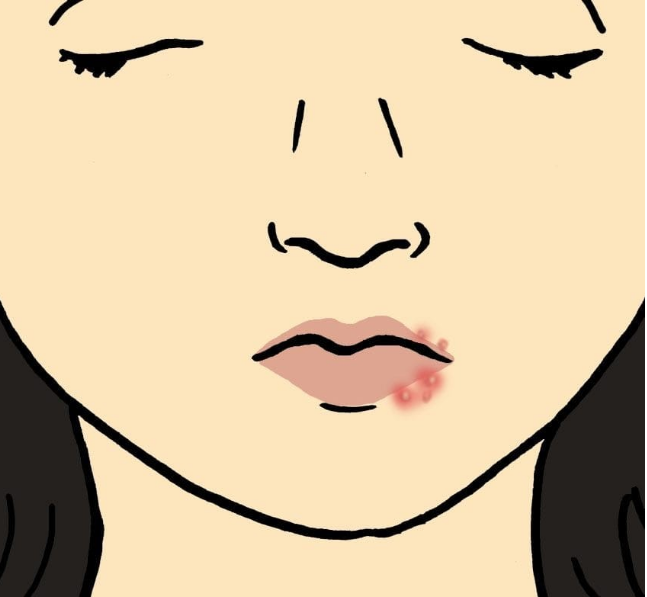
2. What Causes Them?
Cold sores occur due to a viral infection, caused by the herpes simplex virus (HSV), reports the US National Library of Medicine.
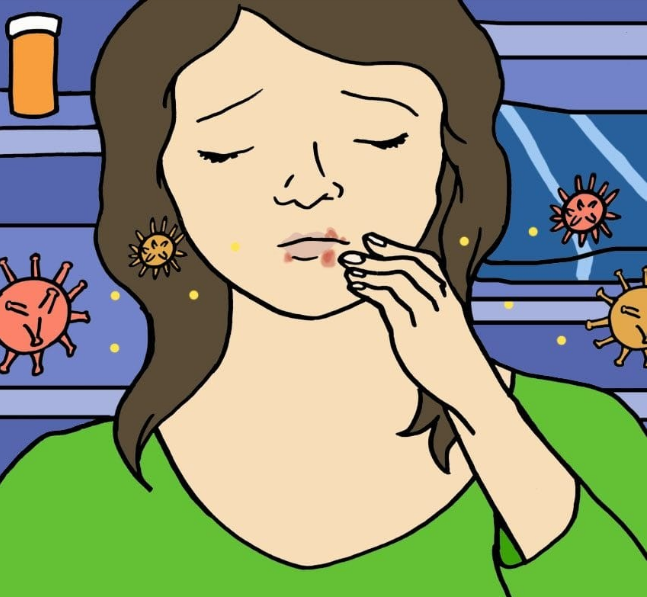
Two complex types of HSV exist, of which Type I causes cold sores.
3. How To Spot A Cold Sore?
Spotting cold sores is a breeze. Typically, a cold sore looks like a usual small blister on the external oral region, and can sometimes inhabit the lips in patches or groups.
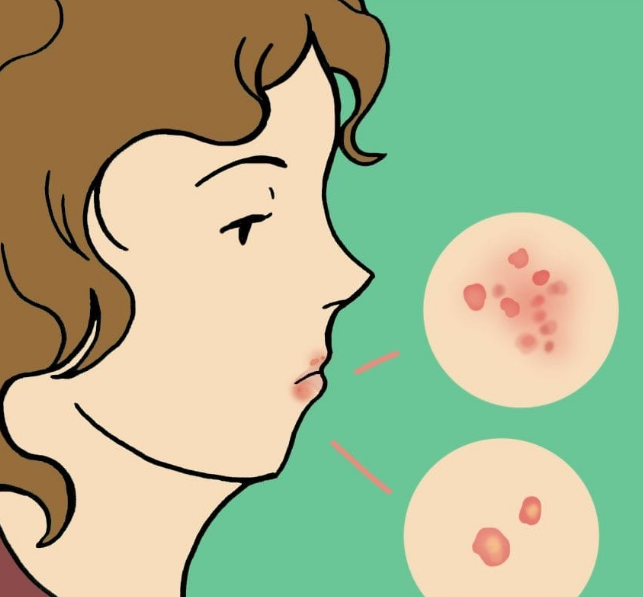
The sores may contain fluid and if they break or tear, they may begin to ooze or form a crust.
4. What Does It Feel Like?
The symptoms can vary. The usual signs are itching or burning sensations, followed by tingling and finally the appearance of the uninvited blister. After formation, the sore might burst and feel raw.
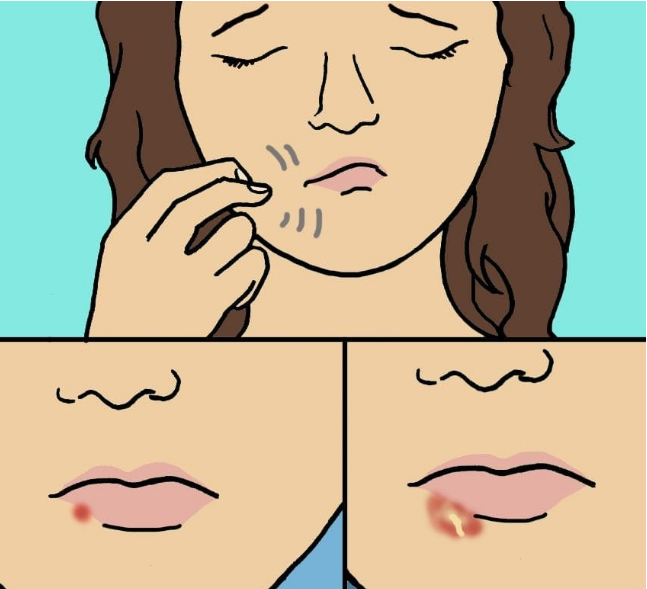
5. Difference Between Cold Sores And Cankers
There are significant differences between cold sores and canker sores.
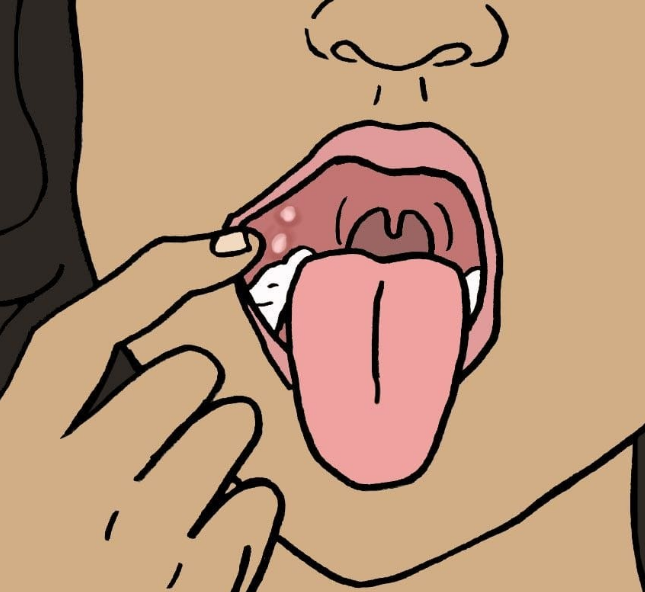
Mayo Clinic states that the latter involves only the mucous membranes and isn’t contagious, whereas the former is contagious and viral.
6. How Do They Spread?
HSV is a virus, and being so is quite contagious and catchy. Cold sores can spread via intimate contact like kissing, sharing drinks, etc.

Even if the sores are not visible yet, the symptoms can spread.
7. Are They Related In Any Way To Genital Herpes?
We’ve all heard the rumors: Cold sores mean Genital Herpes. However, this is false.
While genital herpes and cold sores are both caused by HSV, the differences are drastic. This is mainly due to the fact that genital herpes is caused by HSV Type II, whereas oral herpes is caused by HSV Type I.
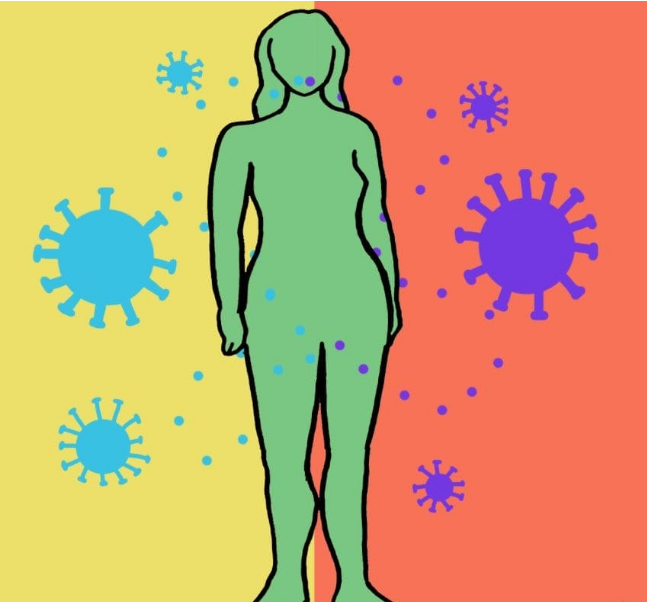
However, both can be spread by intimate acts likes oral sexual intercourse.
8. Will There Be Any Scars Left?
Fortunately, the answer is no. Cold sores do not leave scars and fade away after only a few days or weeks.
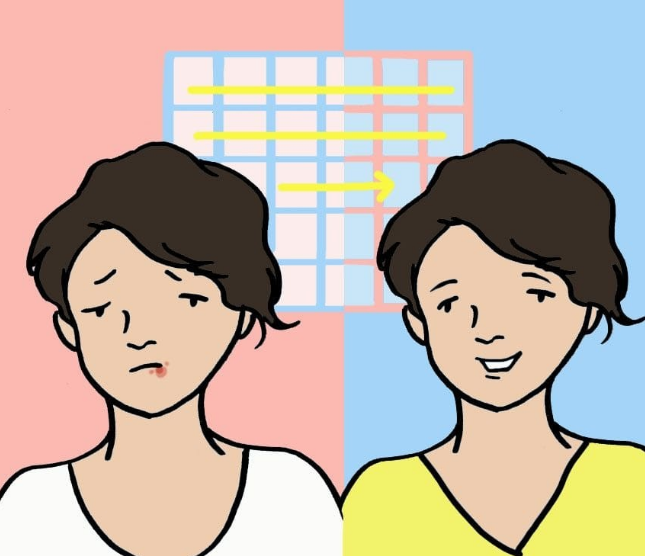
9. How To Cure Cold Sores
There, unfortunately, is no cure. But some treatments and ointments are available that can inhibit the symptoms drastically.
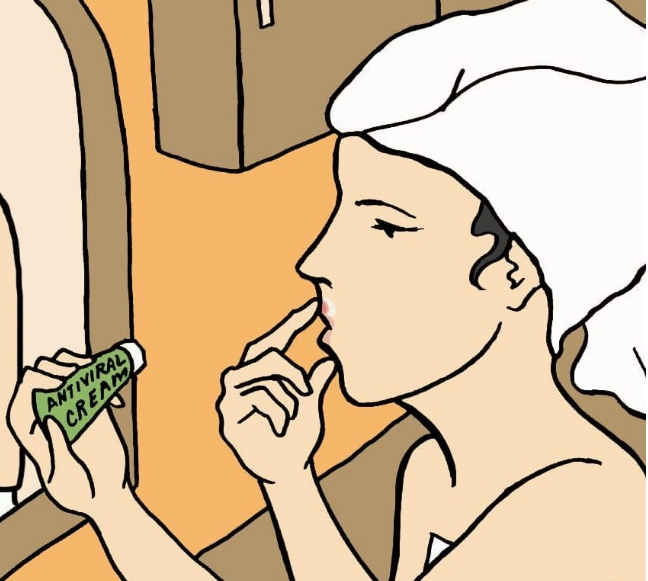
Antiviral medicines can heal the sores faster, and can even be helpful for people who get them regularly.
10. Is A Doctor Necessary?
If the cold sores don’t seem to go away within two weeks, or if the symptoms seem severe and somewhat dire, you’d best consult a doctor.
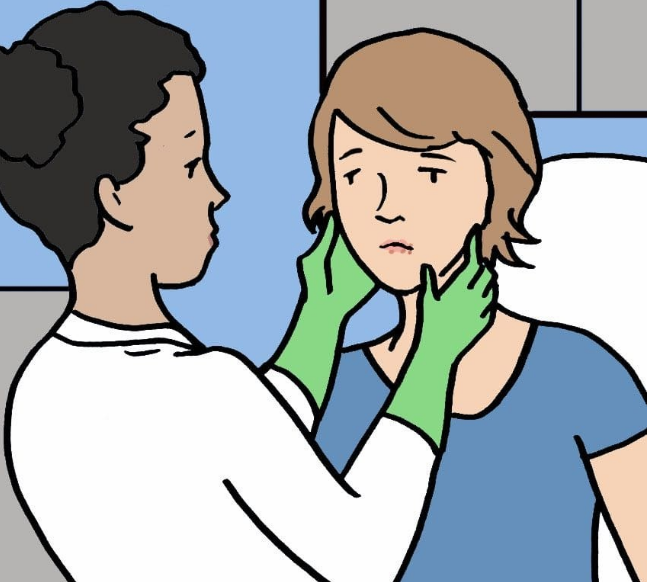
You should also talk to your physician if your immune system is generally weak, if there is an irritation in your eyes, or if the cold sores appear frequently.
If you found this useful, share with your friends and family. And for more such articles, don’t forget to like and subscribe us!


